The competitive energy market has not developed uniformly.
On October 12th, under the chairmanship of National Assembly Chairman Vuong Dinh Hue, the Standing Committee of the National Assembly considered and gave opinions on conducting a thematic supervision on "The implementation of policies and laws on energy development in the period 2016-2021".
Summarizing the monitoring results, Chairman of the Committee on Science, Technology and Environment Le Quang Huy - Deputy Head of the Standing Monitoring Delegation - stated: During the period 2016-2021, with the correct strategic direction of the Party, the active involvement of the entire political system, and the participation and support of the people, Vietnam's energy sector has experienced rapid and relatively synchronized development across all sub-sectors and fields; closely adhering to the set direction and achieving many specific goals. Energy supply, especially electricity supply, has basically met the requirements of socio-economic development with increasingly improved quality. The oil and gas extraction and petrochemical industries continue to develop, forming several large-scale petrochemical facilities. Many large-capacity coal mining projects have been invested in and constructed; commercial coal production has increased; hydropower has developed rapidly, and recently wind and solar power have begun to develop at a high rate.
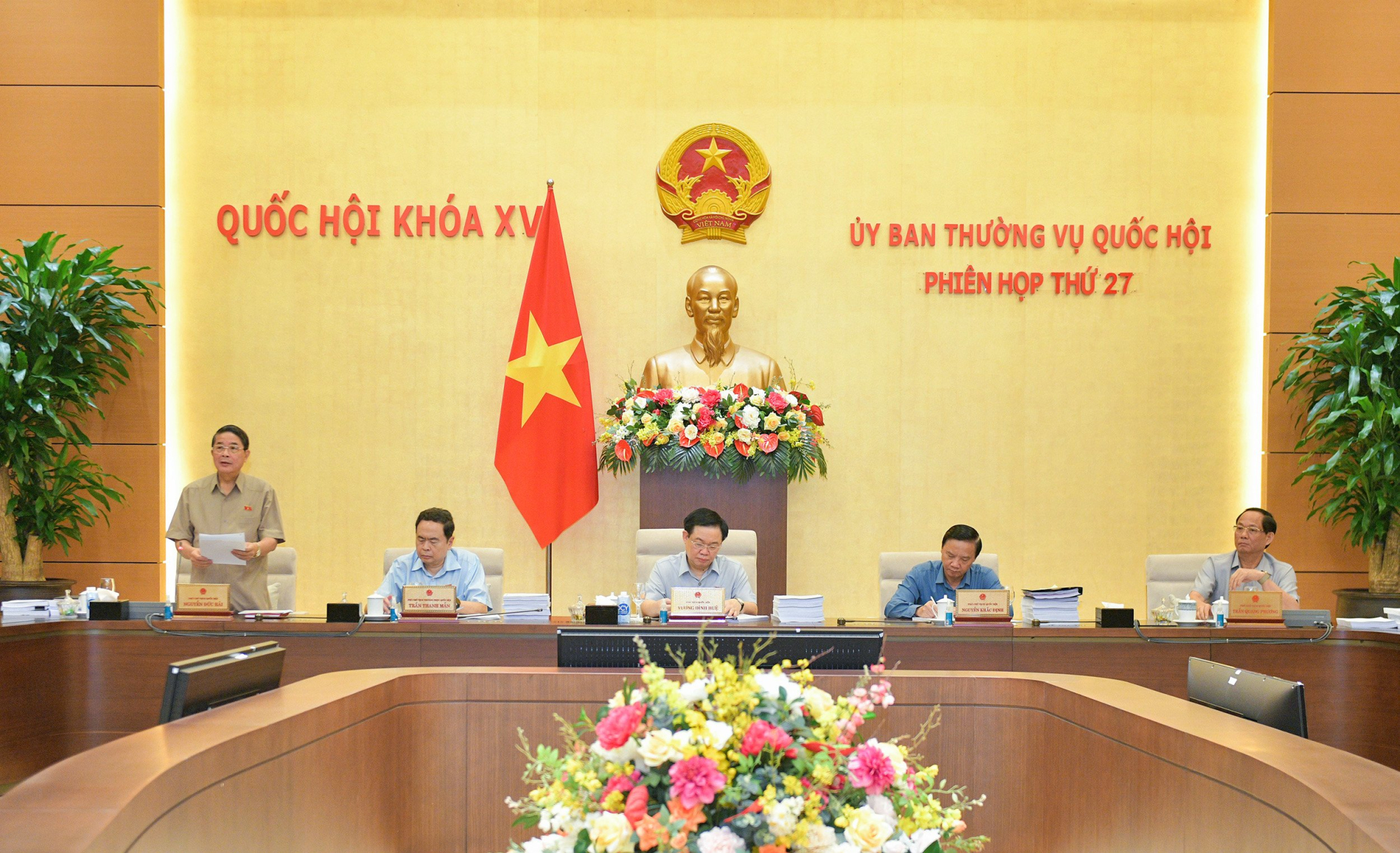
Deputy Speaker of the National Assembly Nguyen Duc Hai presided over the session.
Investment in electricity infrastructure has developed strongly, bringing the national power grid to almost all parts of the country. The use of energy efficiently and effectively is receiving increasing attention. Initial steps have been taken to transform the energy sector to operate under a market mechanism; mobilizing significant resources for development investment with the participation of many economic sectors, primarily state-owned enterprises.
The energy sector has become a dynamic economic sector, making a very important contribution to promoting socio-economic development and ensuring national defense and security in many localities and the country as a whole. According to the Government report, under a normal development scenario with average GDP growth, the total final energy demand is projected to be 113 million tons of oil equivalent by 2030 and reach 194 million tons of oil equivalent by 2050.
However, Vietnam's energy development still faces many limitations and shortcomings. The goal of ensuring national energy security remains challenging, particularly with localized fuel shortages in 2022 and electricity shortages at certain times in 2023; domestic supply sources are insufficient to meet demand, leading to increasingly large energy imports; many power projects are behind schedule; and some energy security indicators are fluctuating in an unfavorable direction.
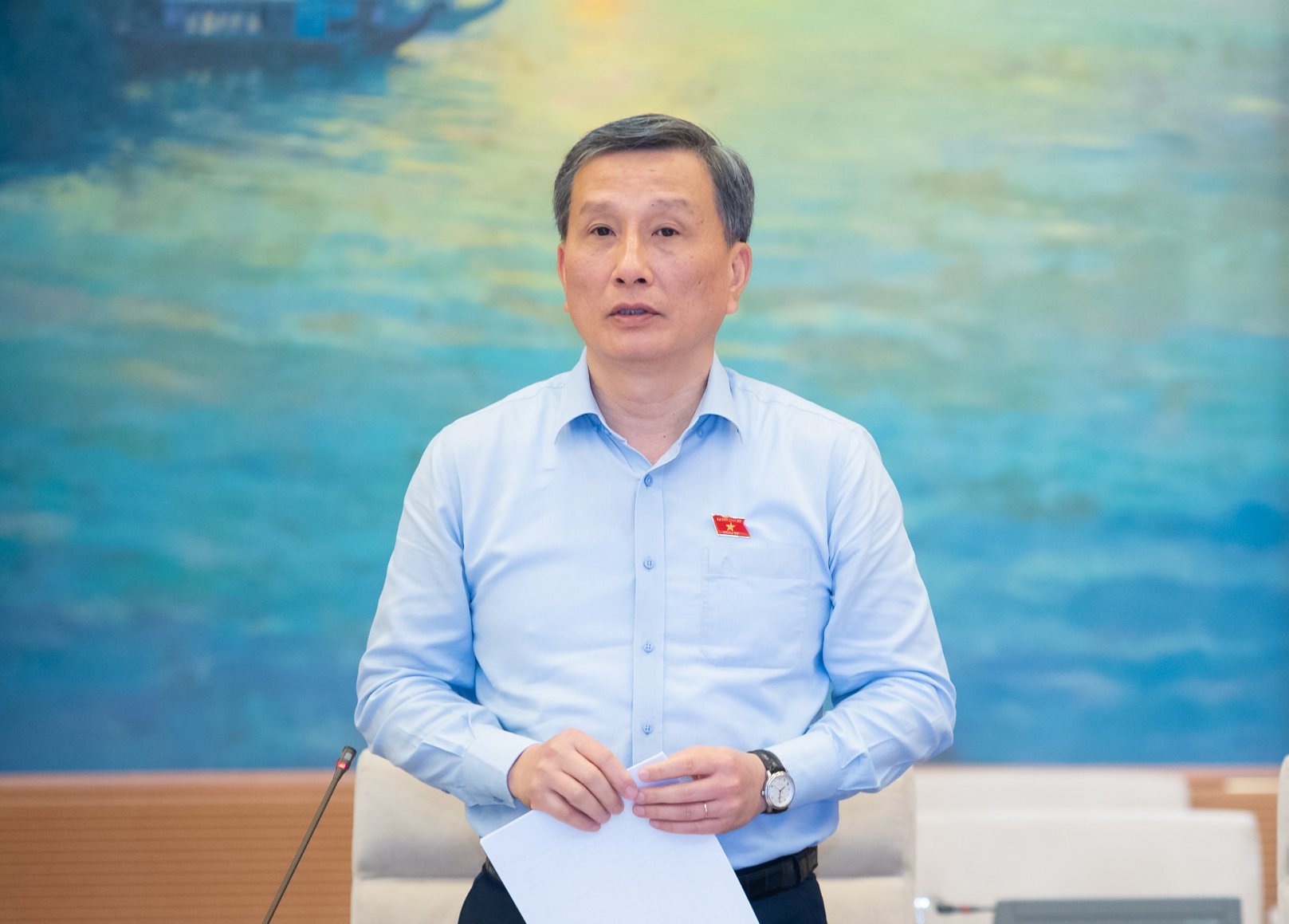
Chairman of the Committee on Science, Technology and Environment Le Quang Huy - Deputy Head of the Standing Delegation of the Monitoring Team - presented the Monitoring Results Report.
The management and exploitation of energy resources are still limited. The efficiency of energy extraction and utilization remains low. Energy infrastructure is inadequate and not yet synchronized. Technological advancements in some areas of the energy sector are slow, and localization and market support from energy projects for domestically produced mechanical and manufactured goods are limited. The quality of human resources and labor productivity in some sectors are still low.
The competitive energy market is developing unevenly, lacking interconnectedness between sub-sectors, and between power generation and transmission; energy pricing policies are inadequate, not fully aligned with market mechanisms, and not clearly separated from social welfare policies.
Some energy projects invested in by state-owned enterprises are still operating at a loss; some overseas energy projects have a high potential for capital loss. Environmental protection in the energy sector has not always received adequate attention in some places and at some times, causing social unrest.
The monitoring team concluded that the aforementioned shortcomings and weaknesses stemmed from multiple causes, but subjective factors were the primary cause; they also outlined four lessons learned.
Removing obstacles and bottlenecks in the implementation of energy infrastructure projects.
To build upon achievements, overcome limitations and shortcomings, and adapt promptly to the context of the new period, the Supervisory Delegation recommends that the Standing Committee of the National Assembly issue a Resolution on the specialized supervision of the implementation of policies and laws on energy development in the period 2016-2021. Accordingly, it should assign specific responsibilities to agencies of the National Assembly, the Government, ministries, sectors, and localities to implement the tasks and solutions that need to be done immediately in the period 2024-2025:
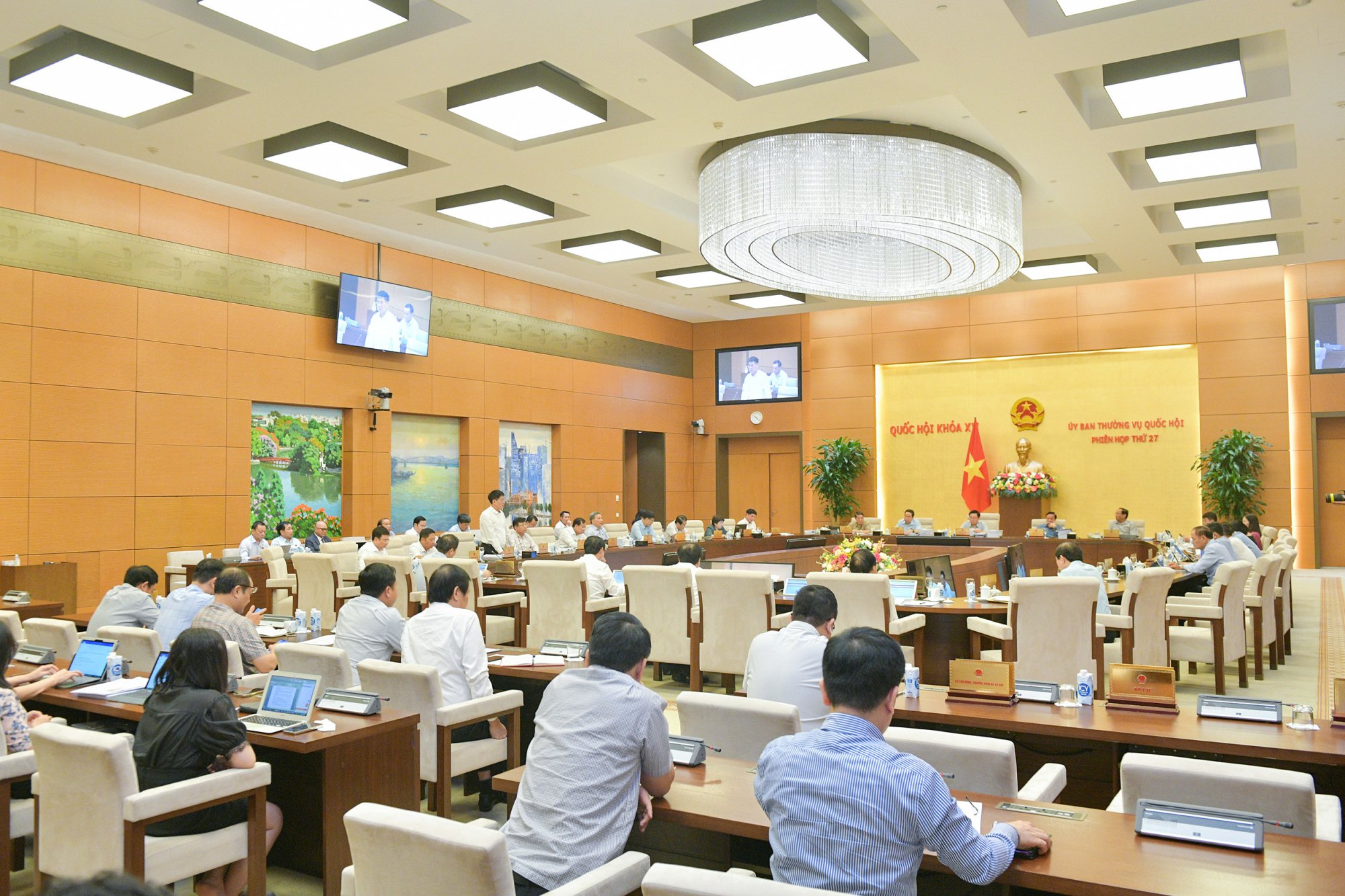
Overview of the meeting.
Focus on reviewing and submitting to the National Assembly amendments and supplements to the Law on Electricity, the Law on Economical and Efficient Energy Use, the Law on Credit Institutions, the Law on Minerals, the Law on Chemicals, and the Law on Management and Use of State Capital Invested in Production and Business at Enterprises; amend, supplement, and improve other legal documents to remove obstacles and bottlenecks when implementing investment projects and energy infrastructure.
Specifically, regarding the energy market, electricity pricing, coal pricing, and petroleum pricing policies, the Supervisory Delegation recommends researching and proposing mechanisms and policies for operating a competitive energy market that are consistent with the production and business activities of enterprises, in accordance with the roadmap for developing a competitive energy market.
Regarding ensuring the feasibility, investment efficiency, and funding for energy projects, the Supervisory Delegation recommended reviewing and assessing the feasibility of power generation and transmission projects expected to attract investment or committed investment from non-state budget sources during the 2023-2030 period; researching appropriate and feasible mechanisms and policies for investment, development, and management of petroleum storage and port systems in the North-Central-South regions to meet the requirements for reserves and ensure national energy security. It also recommended considering the issuance of policies prioritizing the construction of LNG import port infrastructure, focusing on developing large-capacity central LNG ports near LNG-powered power plants to maximize the use of gas transportation and distribution infrastructure, optimize costs, and reduce electricity production costs.
In addition, continue to strengthen supervision, auditing, inspection, investigation, and definitively resolve outstanding cases; in 2023, clarify the causes of losses incurred by state-owned energy development corporations and companies in the recent past.
The monitoring team also proposed several medium- and long-term tasks and solutions (up to 2030, with a vision to 2045). In addition, the monitoring team recommended a list of legal documents that need to be repealed, amended, or supplemented, and key projects that need to be prioritized for resolution in the energy sector.
Source








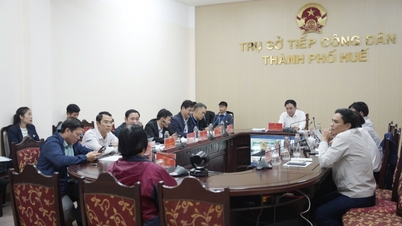

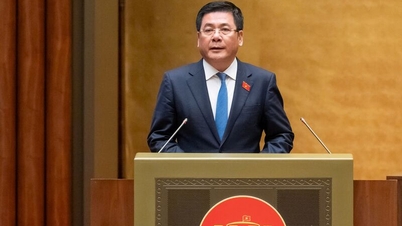

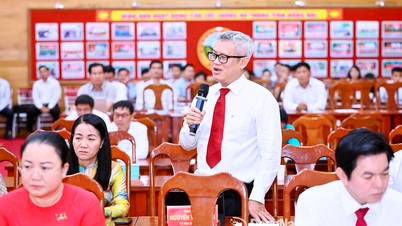

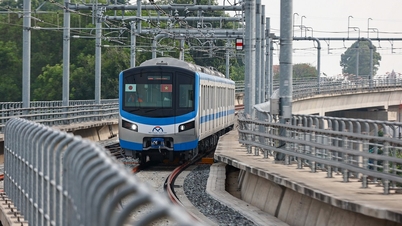
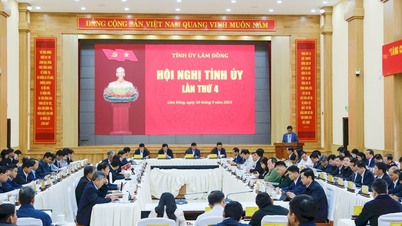

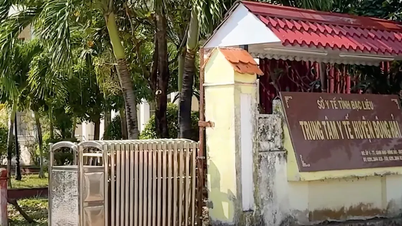

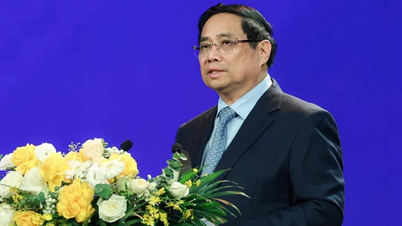



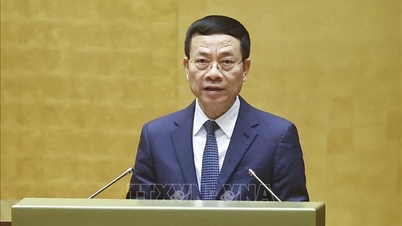

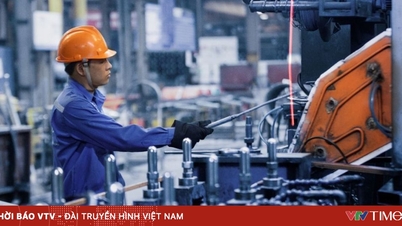









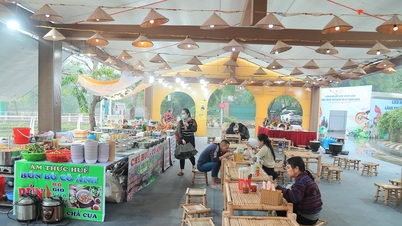
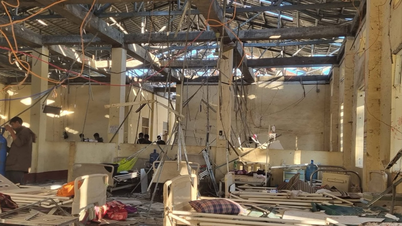

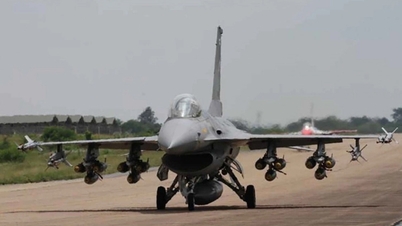
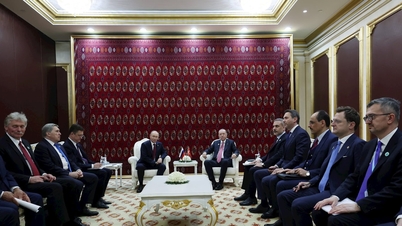




































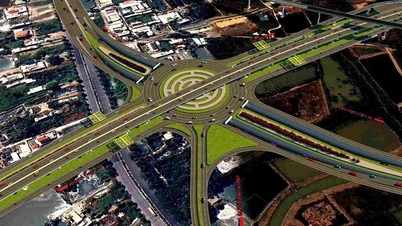
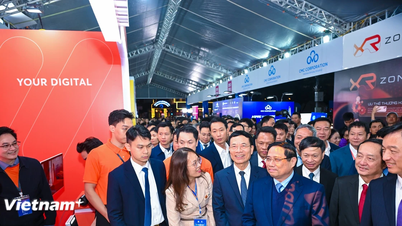

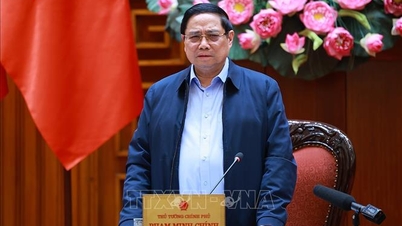





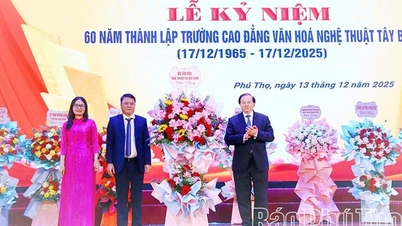
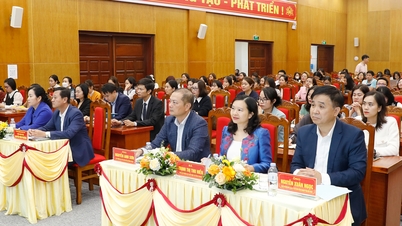

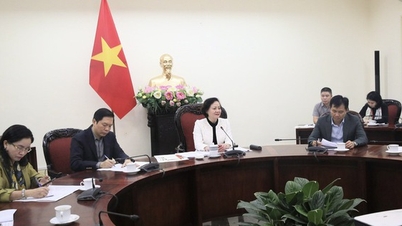
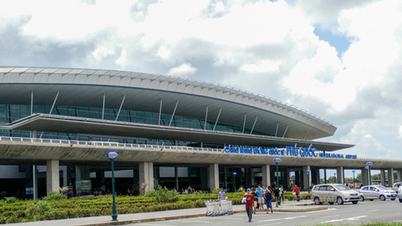
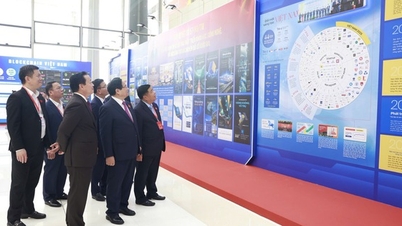





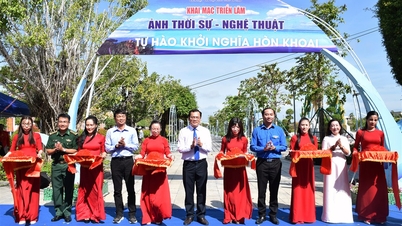
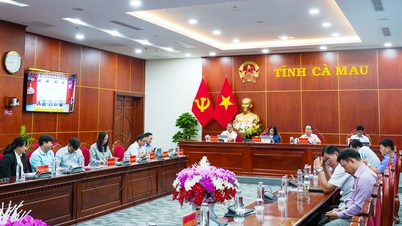
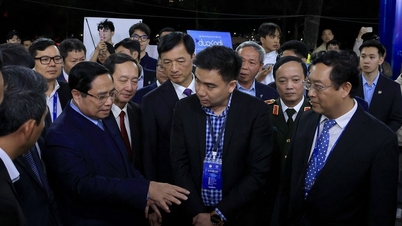












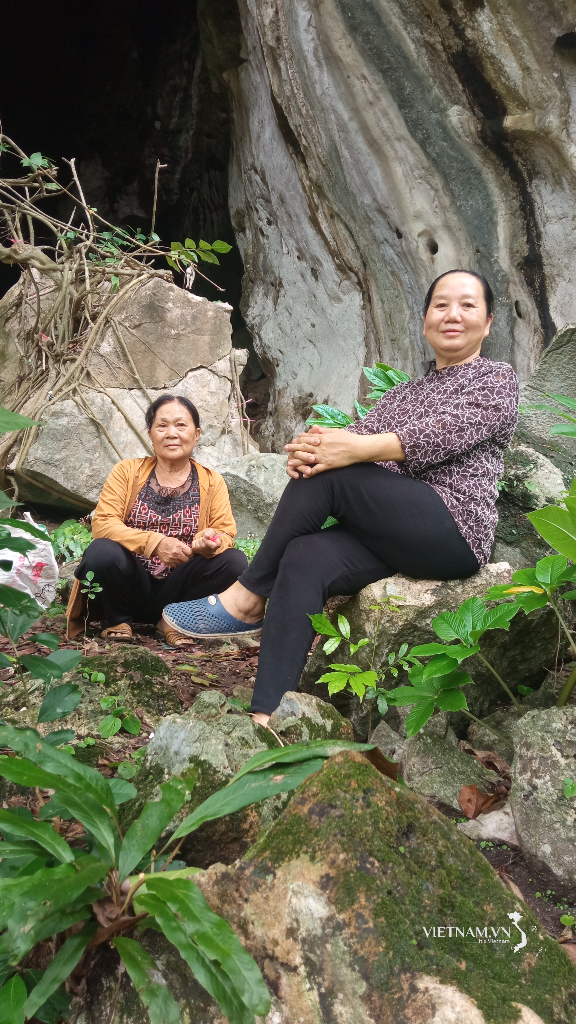

Comment (0)